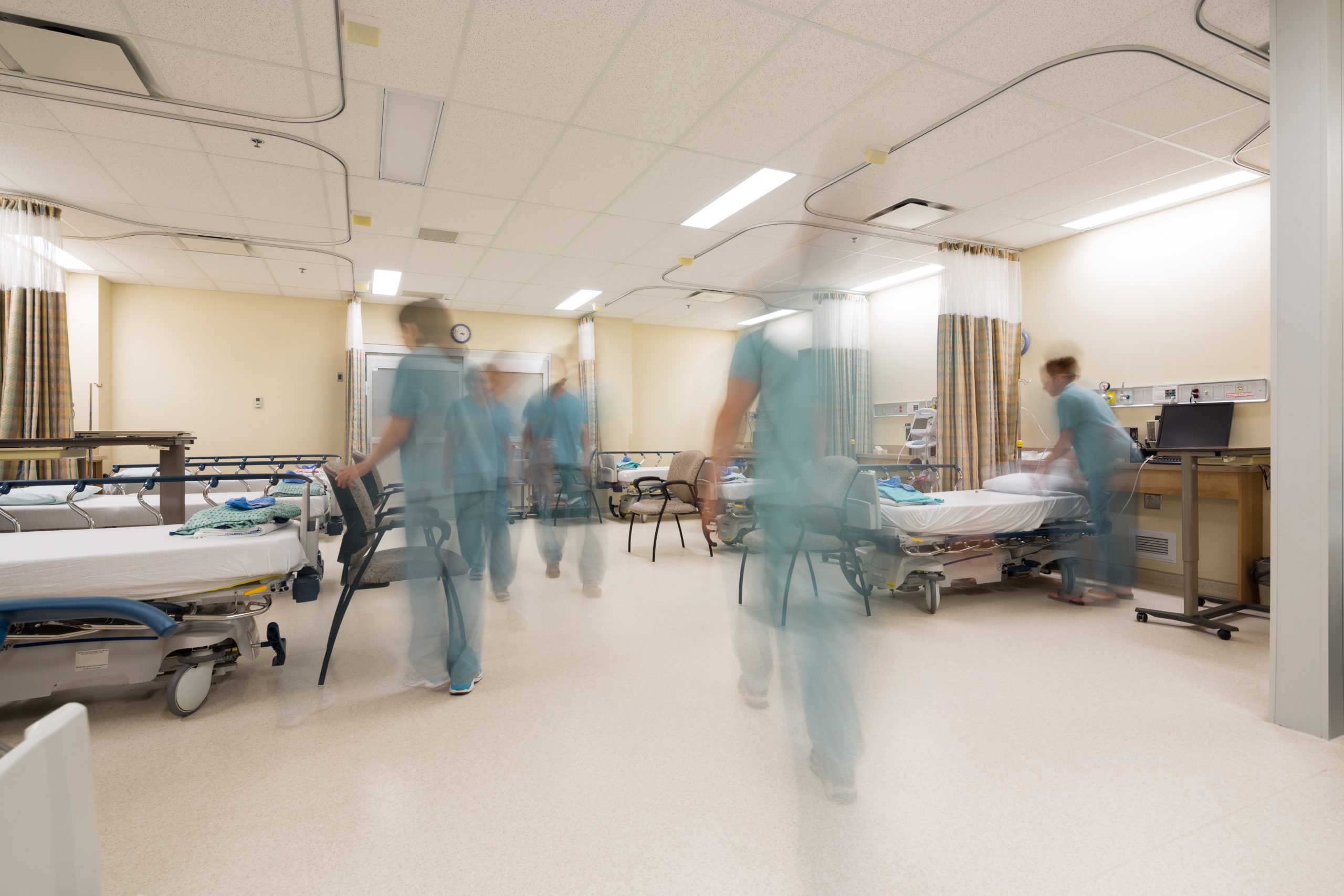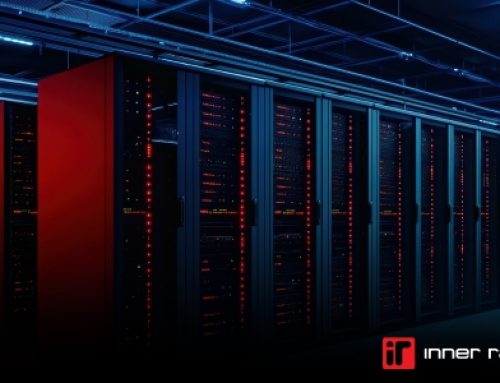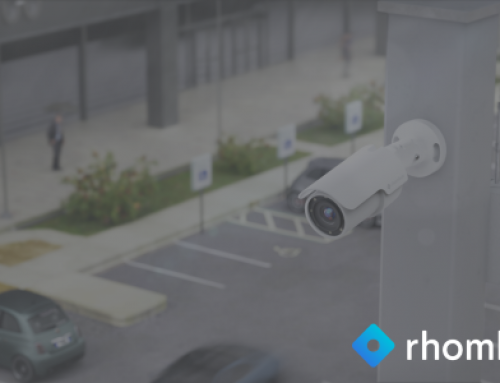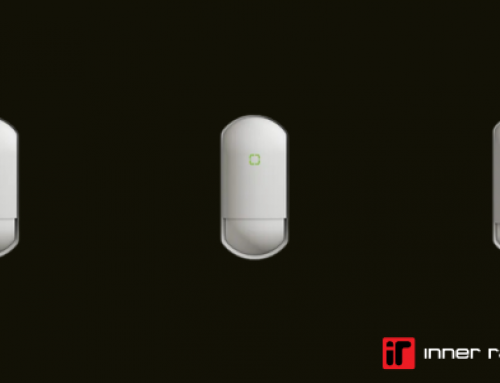
Hospitals and healthcare settings are complex sites when it comes to access and security.
On the one hand, patients and their families – who may be worried and distressed – need to be able to move around with ease, without feeling they’re inside a fortress. But security remains paramount. Everyone must be safe, and valuable equipment and drugs must be protected.
Integrating all access and security systems and controlling them via one unified platform gives security managers the best chance to get the balance right.
Here, our director Tim Northwood gives his thoughts on the top five benefits of integrated access and security for healthcare settings:
-
Flexible security
Hospitals and healthcare settings usually have multiple zones needing different levels of security. The main reception lobby is open to the public, of course. But individual wards and staff areas need greater controls, while operating theatres, rooms for x-rays and morgues need even higher security.
An intelligent integrated access control system, like our Enterprise-level system Integriti, offers access control doors, where users have to present credentials on a smartcard, mobile phone or biometric credentials.
Wireless locks, that read the same credentials as access control door readers, can be used for meeting rooms or staff areas with glass doors.
Higher security areas can require an additional credential, such as biometrics, or a code triggered via Two Factor Authentication (2FA).
Full lockdown protocols can be set for emergency situations that take into account the nature of each hospital zone, and set different requirements for access in an emergency situation.
-
Protection for people
As well as ensuring only approved users can enter particular areas of the hospital, there are other measures intelligent integrated access security systems can offer to keep people safe.
Mother and baby tagging is an option for maternity units, where small RFiD bands are fitted to the baby’s ankle and an alarm is raised if anyone tries to take the baby away, or they try to cut off the band without authorisation.
Sophisticated reporting features in our Integriti system allow for comprehensive muster reports in the event of a fire or other emergency. Our reporting capabilities can also be used to track users who are known to have tested positive for diseases such as Covid-19, and the system can trace who else has been near them on site.
-
Preventing theft
Hospitals have valuable equipment and drugs that need to be kept safe from theft.
Integrating CCTV with an access control system allows security managers to instantly view relevant live or recorded footage if an alert is triggered, such as a door being forced, or left open. Security managers can see who has been near drugs cabinets, or equipment and spot if anyone has tried to tailgate bona fide users.
Key lockers are another way hospitals can protect equipment and drugs. Bespoke user permissions only allow authorised staff access to specified equipment and drugs, and provide a log of activity that can be reviewed alongside any CCTV footage.
-
Easy access for staff, patients and visitors
With large numbers of patients and visitors changing every day, most hospitals rely on intercom systems for public access to specific areas, such as wards. Integrating intercoms with an intelligent access control system allows security managers to see, hear and record all conversations and intervene if need be. While patients and visitors don’t need to use or remember an access card and know there will always be someone able to respond to their request for access.
Staff tend to have smartcard or mobile credentials. The level of fine-grain permissions you can achieve with an intelligent integrated security system means security managers can set highly bespoke access rights depending on the member of staff.
ANPR is another highly useful integration to ease access in hospital car parks. It makes leaving the car park quicker, while occupancy thresholds reduce overcrowding and queues by preventing access to additional cars until there is space.
-
Future proof
Access and security needs will undoubtedly change over time as hospitals adapt and expand. A good quality integrated intelligent access and security system will scale up and flex as you need it, as well as being constantly updated so it can integrate with new third-party systems. Future-proofing is an important element of all Inner Range products so clients know they will get a good return on their investment for many years to come.
For more information about how Inner Range intelligent integrated security systems can benefit hospital and healthcare settings, contact our sales team 0845 470 500 or ireurope@innerange.co.uk





